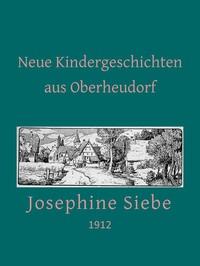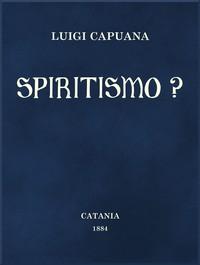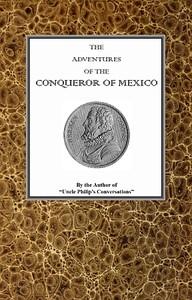Read this ebook for free! No credit card needed, absolutely nothing to pay.
Words: 20641 in 6 pages
This is an ebook sharing website. You can read the uploaded ebooks for free here. No credit cards needed, nothing to pay. If you want to own a digital copy of the ebook, or want to read offline with your favorite ebook-reader, then you can choose to buy and download the ebook.
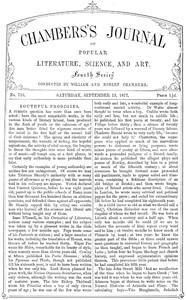

: Chambers's Journal of Popular Literature Science and Art No. 716 September 15 1877 by Various Chambers Robert Editor Chambers William Editor - Periodicals Chambers's Edinburgh Journal
Editor: William Chambers Robert Chambers
YOUTHFUL PRODIGIES.
A curious question has more than once been asked: have the most remarkable works, in the various kinds of literary labour, been produced in the flush of youth or the calmness of age? Are men better fitted for vigorous exercise of the mind in the first half or the second half of their existence? The spring and elasticity of temperament, the warmth of feeling, the hopeful aspirations, the activity of vital energy, the longing to throw the thoughts into some kind of words or of music--all tempt one, at a first glance, to say that early authorship is more probable than later.
Certainly the examples of young authorship are neither few nor unimportant. Of course we may take Tristram Shandy's authority with as many grains of allowance as we please; but the marvels told in his colloquy are unique. Yorick declared that Vincent Quirinus, before he was eight years old, pasted up in the public schools of Rome more than four thousand five hundred theses on abstruse questions, and defended them against all opponents. Mr Shandy capped this by citing one erudite man who learned all the sciences and liberal arts without being taught any of them.
As a child , Christian Heineker was one of the most singular of whom we find record. He was born at L?beck about a century and a half ago. When only ten months old he could repeat every word said to him; at twelve months he knew much of Plutarch by heart; at two years he knew the greater part of the Bible; at three could answer most questions in universal history and geography , and began to learn French and Latin; before four he began theology and church history, and expressed argumentative opinions thereon. This precocious little pedant died before he had completed his fifth year.
The late John Stuart Mill 'had no recollection of the time when he began to learn Greek;' but was told it was when he was only three years old. Adanson began at thirteen to write notes on the Natural Histories of Aristotle and Pliny. The calculating boys--Vito Mangiamele, Jedediah Buxton, Zerah Colburn, and George Parker Bidder--illustrate a remarkable phase of early mental activity.
FROM DAWN TO SUNSET.
The next day came the lads Kingston and Charlie Fleming. Kingston was still 'reading,' and sowing his wild oats broadcast and winning honours, all in one. Charlie just started on his career, Sir Vincent best knew how.
It happened that King Fleming found his cousin Deborah alone; she was reading in her own room, where he sought her. She turned on him with a sudden rush of colour and defiant eyes: 'You are not invited here!'
Kingston approached as if he trod on eggs, cap in hand. 'Nay, sweet lady, yet I venture. Deb, you blush! You are reading evil; or is it o' love? O love, love, thou pleasure pain and torment! That same little unruly god with his bow and arrows, hath "shot and hit me sore!"' He sat down opposite Deborah, and gazed at her in his quaint droll way, that had in it a touch of pathos too.
Deborah's lips curled: 'I understand you not.'
'I do not ask your applause,' retorted Deborah, with sudden fire and disdain. 'But I will not argue with you,' she added, with disdain alone. 'You have a weak head now, except for Greek and Latin. Just like a lad, your head runs ever upon marriage, and your tongue can prate o' nothing else.'
Free books android app tbrJar TBR JAR Read Free books online gutenberg
More posts by @FreeBooks

: Gems of Reminiscence Seventeenth Book of the Faith Promoting Series Designed for the Instruction and Encouragement of Young Latter-day Saints by Lambert George C George Cannon Compiler - Church of Jesus Christ of Latter-day Saints Missions Latter Day Sain
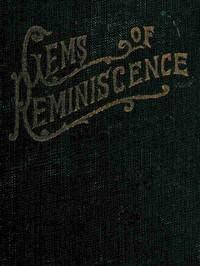

: Neue Kindergeschichten aus Oberheudorf: Fünfzehn heitere Erzählungen by Siebe Josephine - Children's stories German; Germany Juvenile fiction; Villages Juvenile fiction
